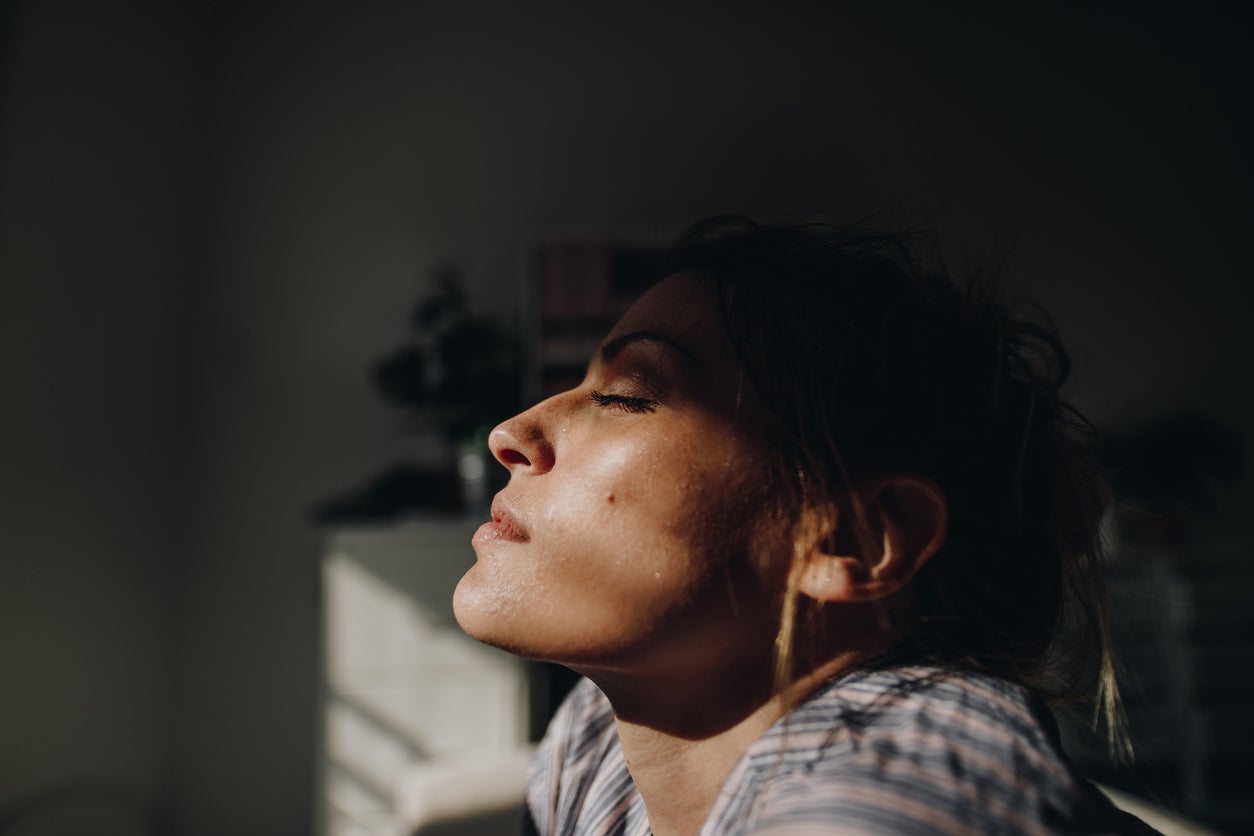The Independent's journalism is supported by our readers. When you purchase through links on our site, we may earn commission.
Women ‘disproportionately worn down’ by second lockdown, finds study
The survey cites not being able to meet friends and being fatigued as reasons for finding the restrictions difficult

Your support helps us to tell the story
From reproductive rights to climate change to Big Tech, The Independent is on the ground when the story is developing. Whether it's investigating the financials of Elon Musk's pro-Trump PAC or producing our latest documentary, 'The A Word', which shines a light on the American women fighting for reproductive rights, we know how important it is to parse out the facts from the messaging.
At such a critical moment in US history, we need reporters on the ground. Your donation allows us to keep sending journalists to speak to both sides of the story.
The Independent is trusted by Americans across the entire political spectrum. And unlike many other quality news outlets, we choose not to lock Americans out of our reporting and analysis with paywalls. We believe quality journalism should be available to everyone, paid for by those who can afford it.
Your support makes all the difference.New research by King’s College London suggests that women are more likely to be worn down by the health crisis than men.
Of those surveyed in a study by Ipsos MORI and the Policy Institute at King’s, some 24 per cent found it harder to follow the rules of lockdown 2, citing being fatigued by the crisis and the regulations not being fairly applied to the population.
In the group of people found to be struggling, 54 per cent of women compared to 33 per cent men said they were missing meeting friends outside. And more women also said they were worn out by the pandemic compared with men (47 per cent vs 33 per cent).
Of the men struggling with the second lockdown, 27 per cent cited boredom was the reason, while only 19 per cent of women listed this as their reason for finding the restrictions challenging.
“It’s important to remember that women found the first lockdown harder than men. And we see now that those who say they’re struggling more with being worn down by the crisis are also disproportionately women,” explained Ipsos MORI spokesperson Kelly Beaver.
In the study, conducted with 2,244 UK residents aged between 16-75, the majority of people coped with lockdown two fine. Twenty four per cent of those asked said they found it easier to follow government restrictions this time around, while 48 per cent of people managed the same as in the first lockdown.
The majority of respondents in the survey said they were still being vigilant during the pandemic.
Sixteen per cent of people interviewed said they saw no point in sticking to the government’s rules anymore. Meanwhile, 14 per cent felt pressured by their loved ones to break the rules
Factors listed as making it harder to follow government guidelines included seasonal weather, getting tired of regulations and the belief that restrictions were not fairly imposed. People surveyed also stated that their trust in the government had wained.
"Social isolation and a feeling of being worn out by the crisis are drivers of this, but so too is the official response to the pandemic," said professor Bobby Duffy, director of Kings College’s policy institute.
Three in 10 (31 per cent) of people surveyed have felt anxiety over whether they’re properly obeying lockdown rules, and 16 per cent of people said they had broken restrictions due to not understanding them – but this figure jumped up to 29 per cent among 16-34-year-olds.
As we end the second lockdown and move into the tier system, it’s vital that the government communicates clearly, explained Duffy. "As we come out of this national lockdown and enter a new tiered system, the government must rebuild confidence in its approach and clearly communicate what it is doing and why."
The Ipsos MORI and King’s College survey was carried out online between 20 and 24 November 2020.


Join our commenting forum
Join thought-provoking conversations, follow other Independent readers and see their replies
Comments